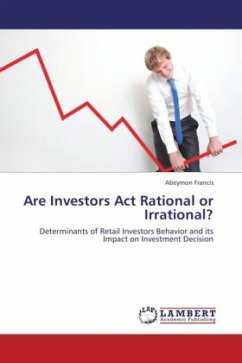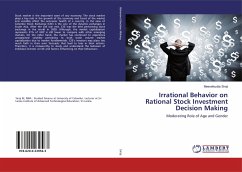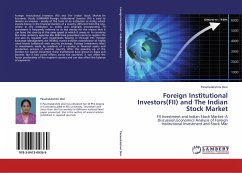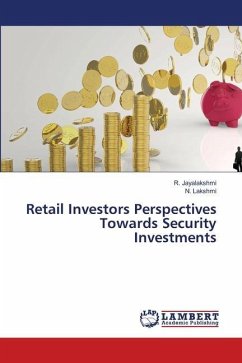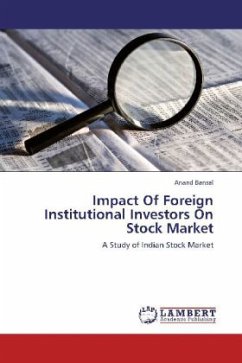According to economic theorists, investors think and behave rationally when buying and selling stocks. Generally investors are presumed to use all available information to form rational expectations in investment decision making. In reality, individual investors do not think and behave rationally. To the contrary, driven by greed and fear, investors speculate stocks between unrealistic highs and lows. They are misled by extremes of emotion, subjective thinking and the herd mentality. Indian stock market is considered to be highly volatile, sensitive and reactive to unanticipated shocks and news. At the same time, Indian stock market is resilient and it recovers soon after shocks. The role and importance of individual investors and their trading behavior is not properly discounted. It is believed that trading behavior of individual investors rarely influences the stock prices. The paper intends to analyze the determinants of the individual investor behavior of Indian stock market and factors affecting their investment decisions. An empirical study is conducted to analyze the investment behavior and decision making style of individual investors.
